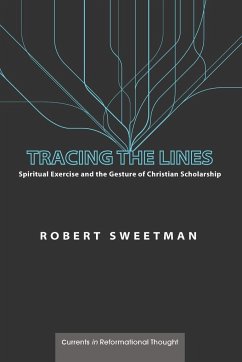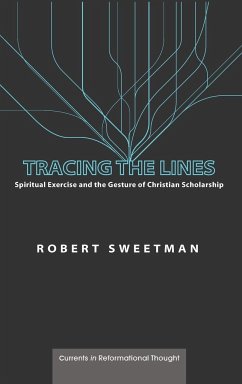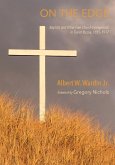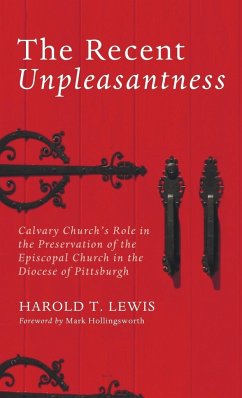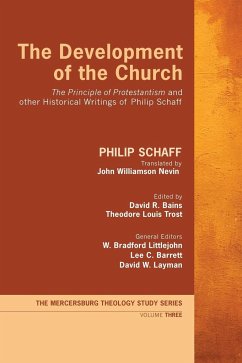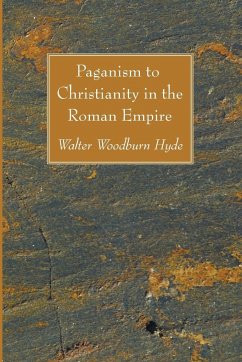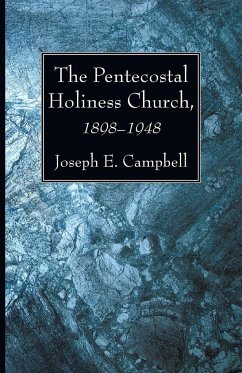Tracing the Lines takes on the project of what Christian scholarship is, and should be, today. It does so, however, with an eye to locating similarities in the rich tradition the last nearly two thousand years of Christian scholarship has given birth to. With humility and a sympathetic ear, Sweetman traces the way certain lines of thought have developed over time, showing their strengths, their weaknesses, and their motivation for shaping Christian scholarship in particular ways. Though he locates his own thought within a particular one of these streams, he shows how all of them have contributed in different ways to the formation of the work of Christian scholarship. Offering in the end an understanding of Christian scholarship as scholarship attuned to the shape of our Christian hearts, this book reaches across disciplines to connect Christians engaged in scholarship in all areas of the academy, whether at public or private institutions.
Hinweis: Dieser Artikel kann nur an eine deutsche Lieferadresse ausgeliefert werden.
Hinweis: Dieser Artikel kann nur an eine deutsche Lieferadresse ausgeliefert werden.

